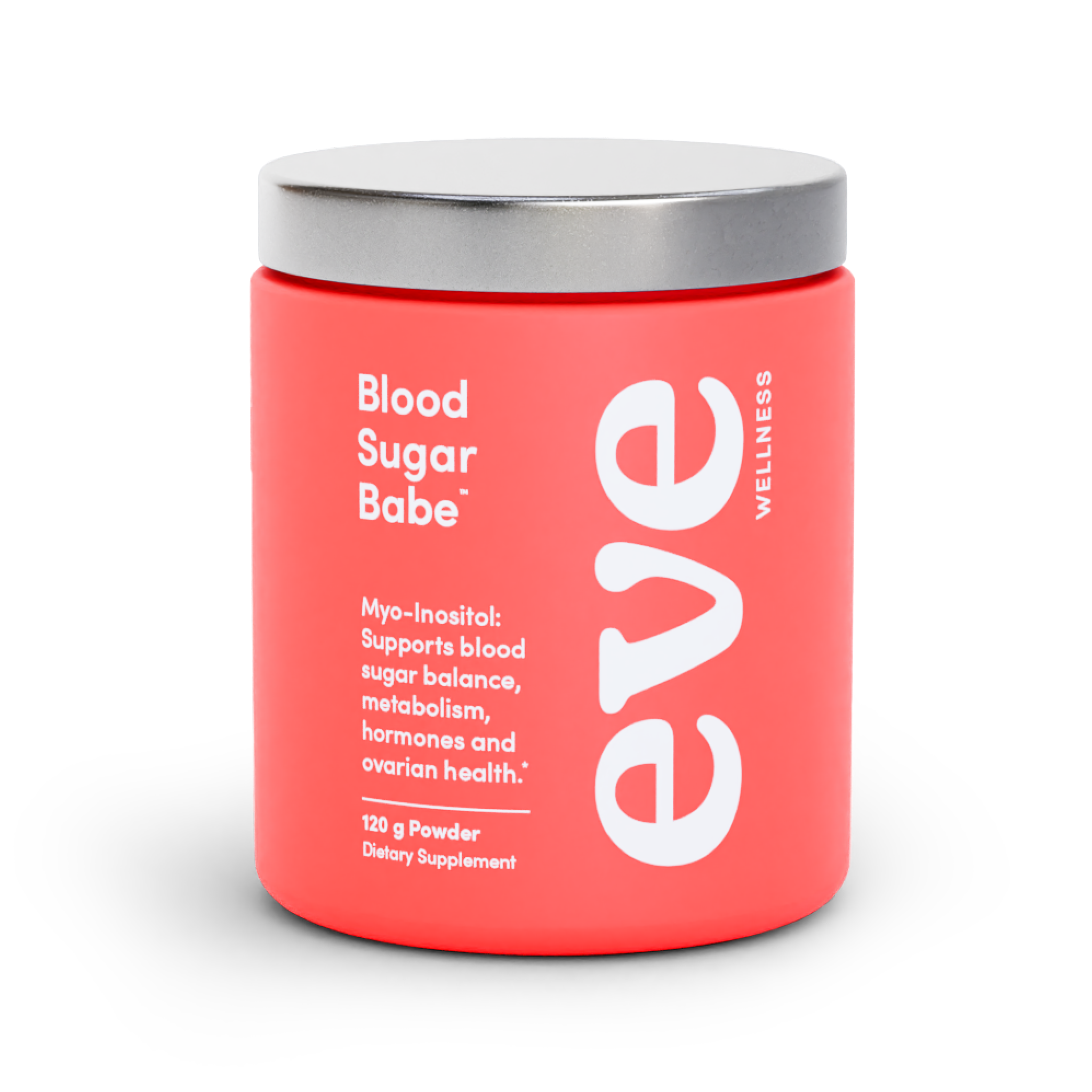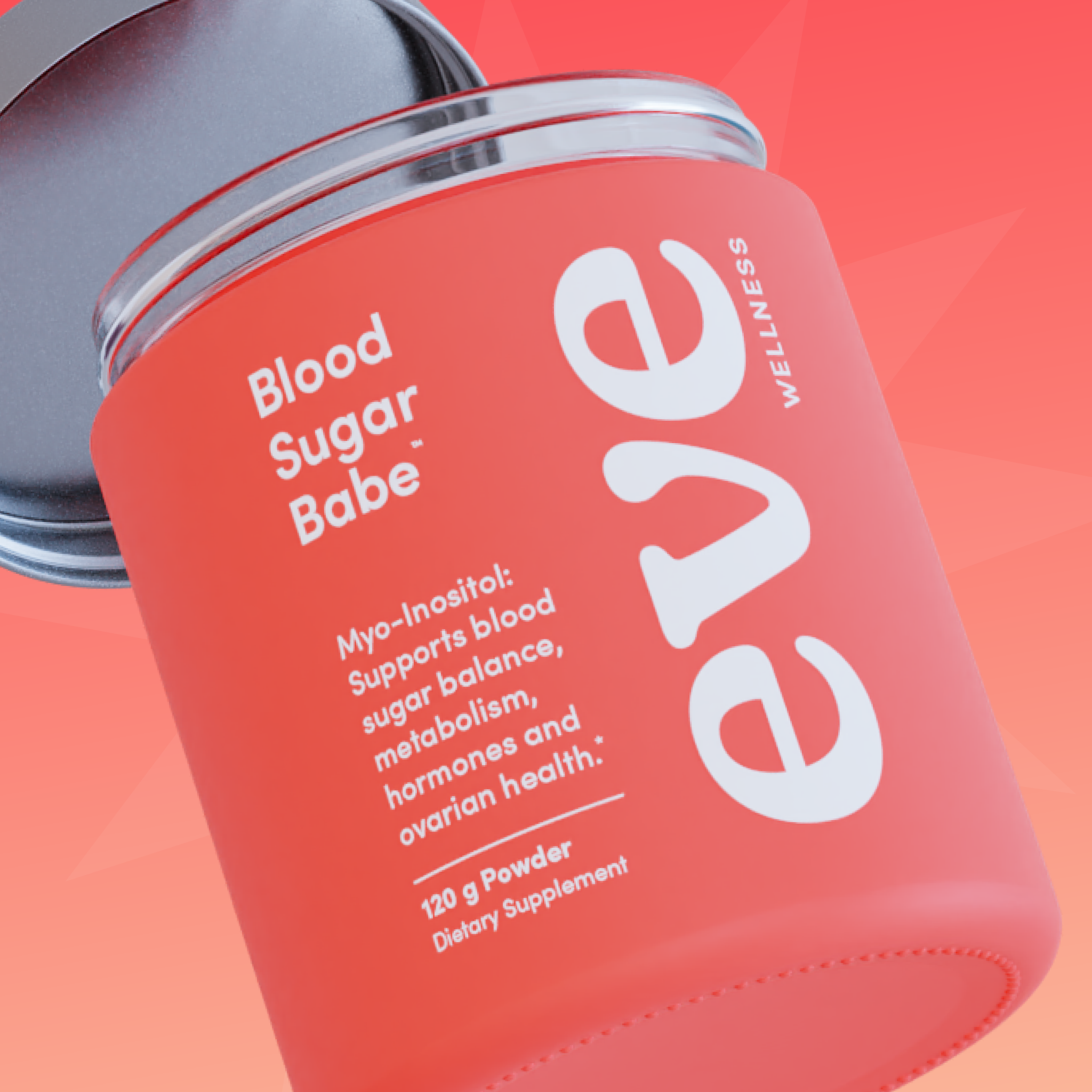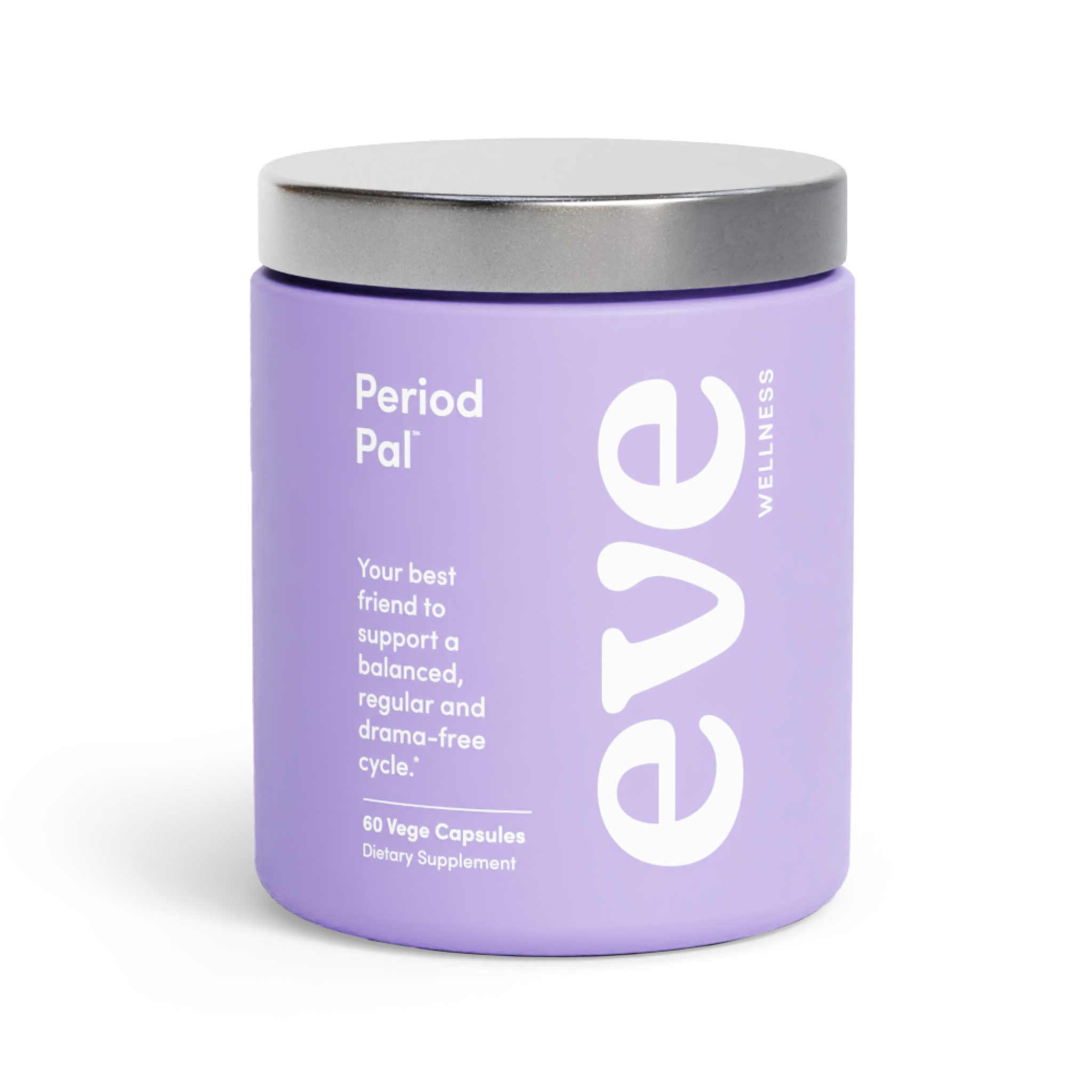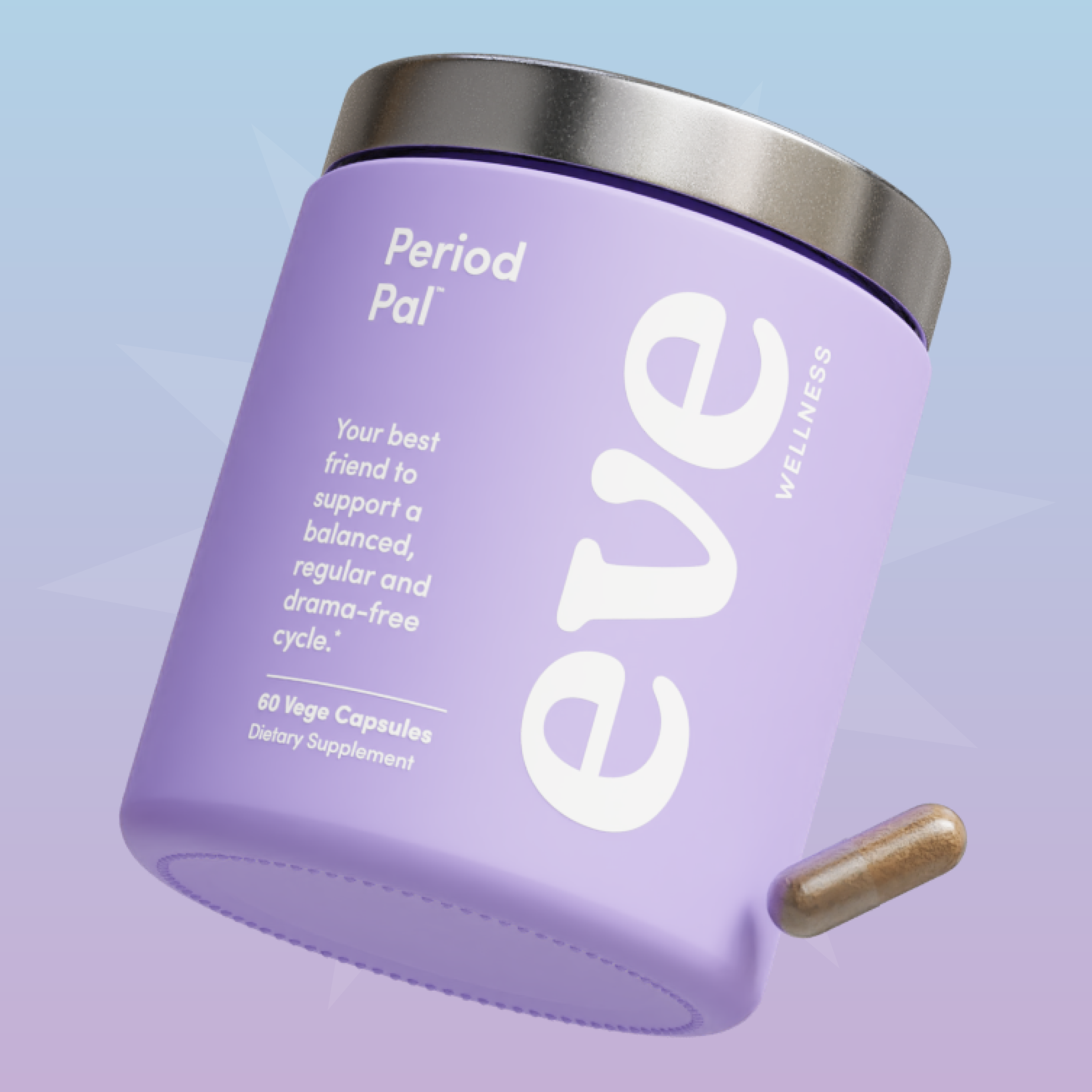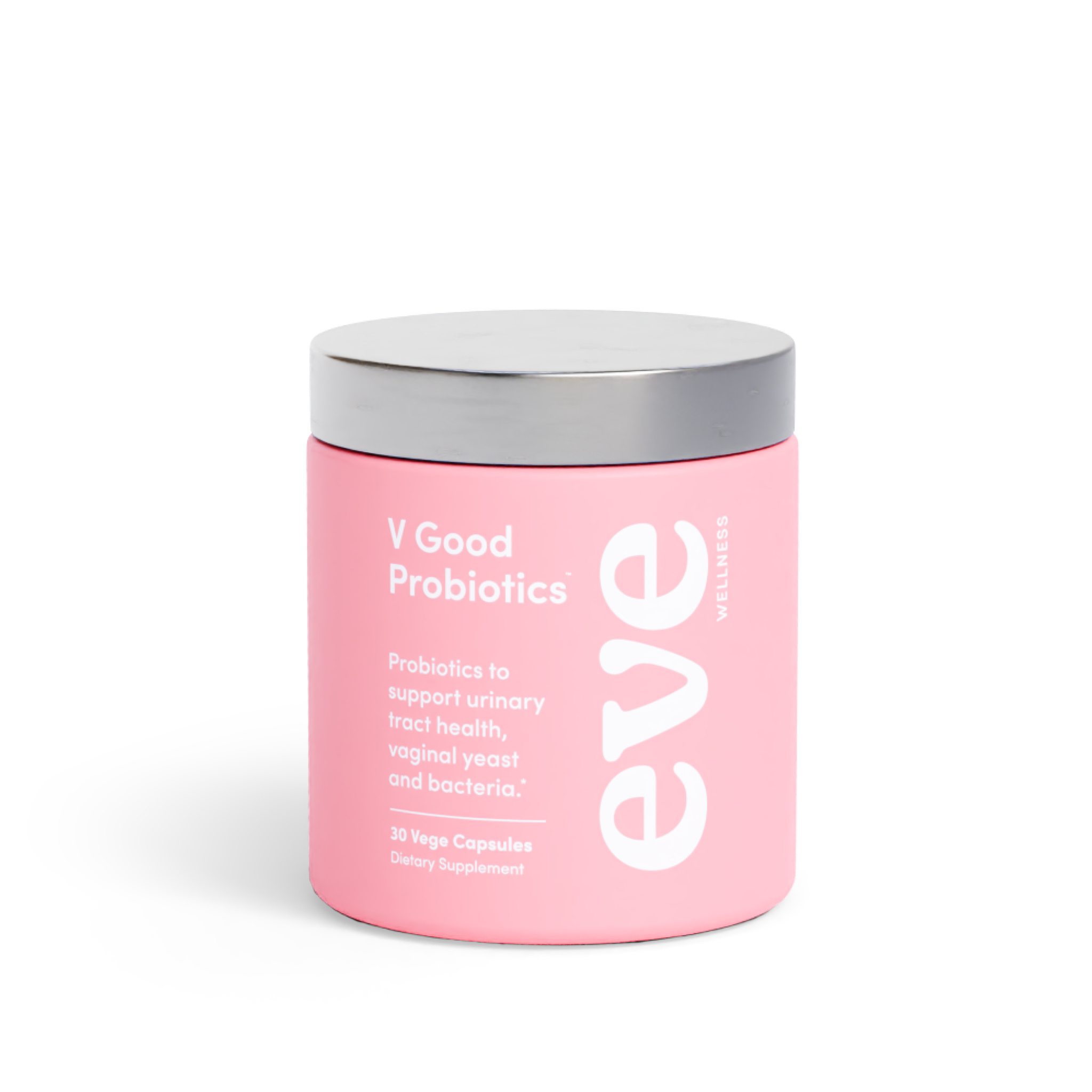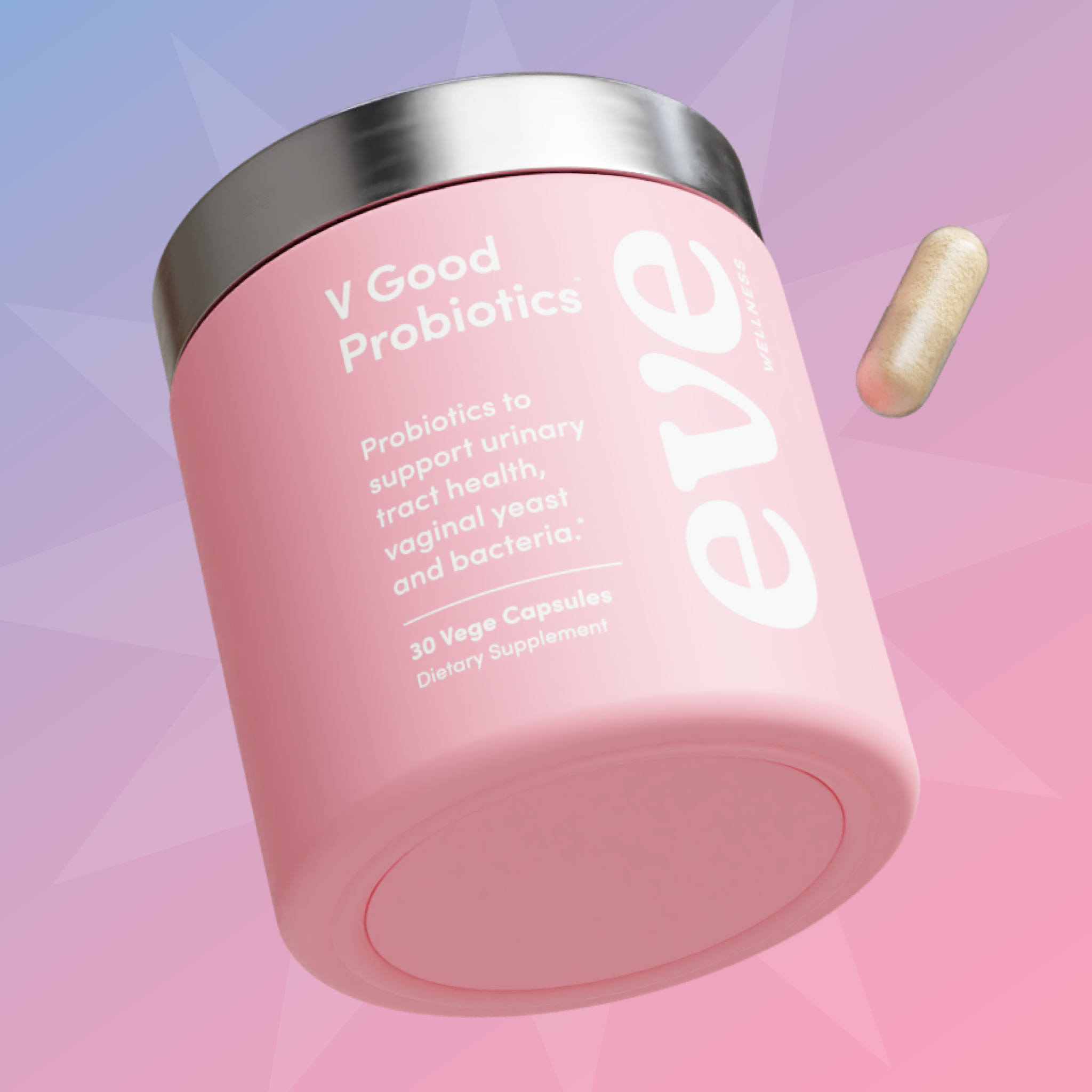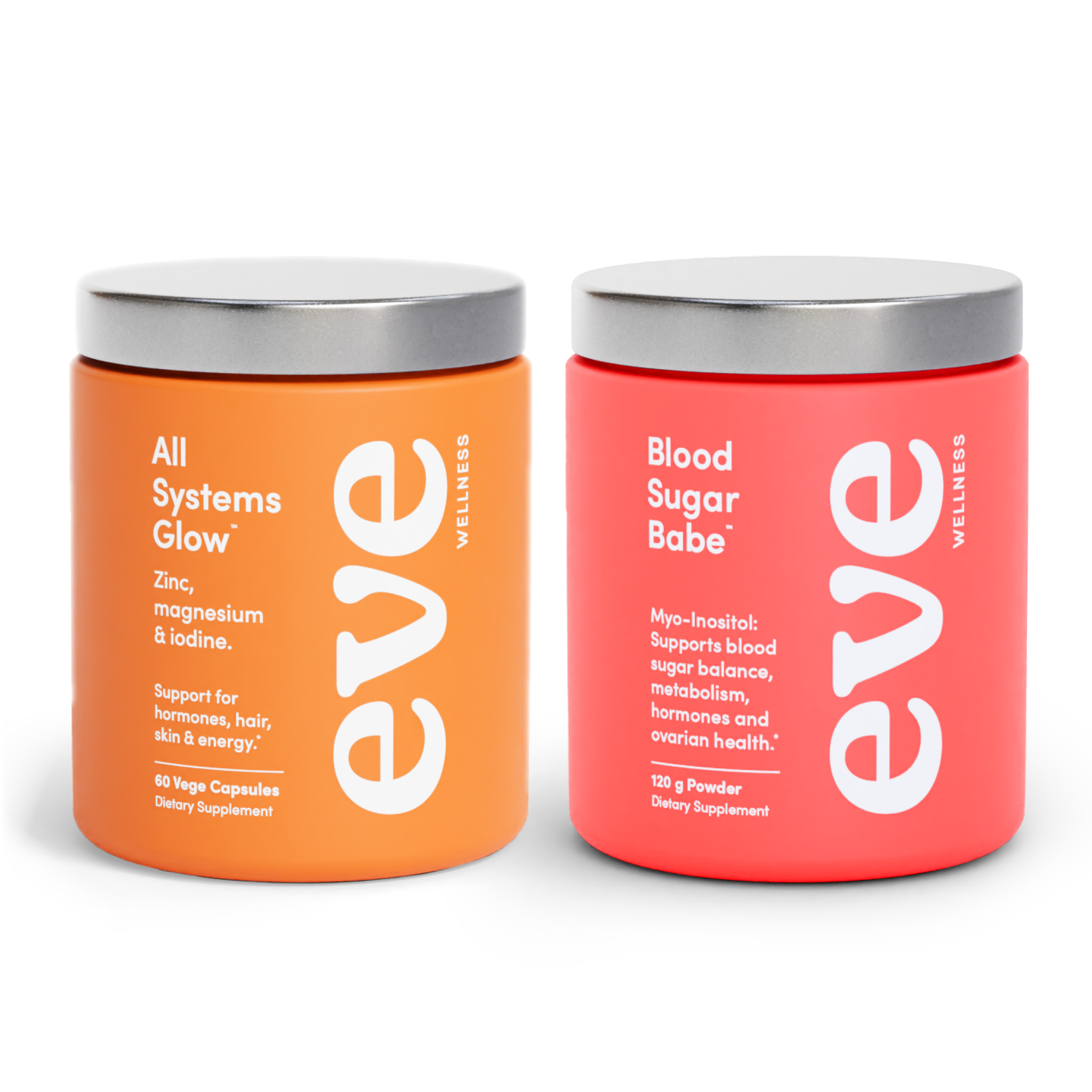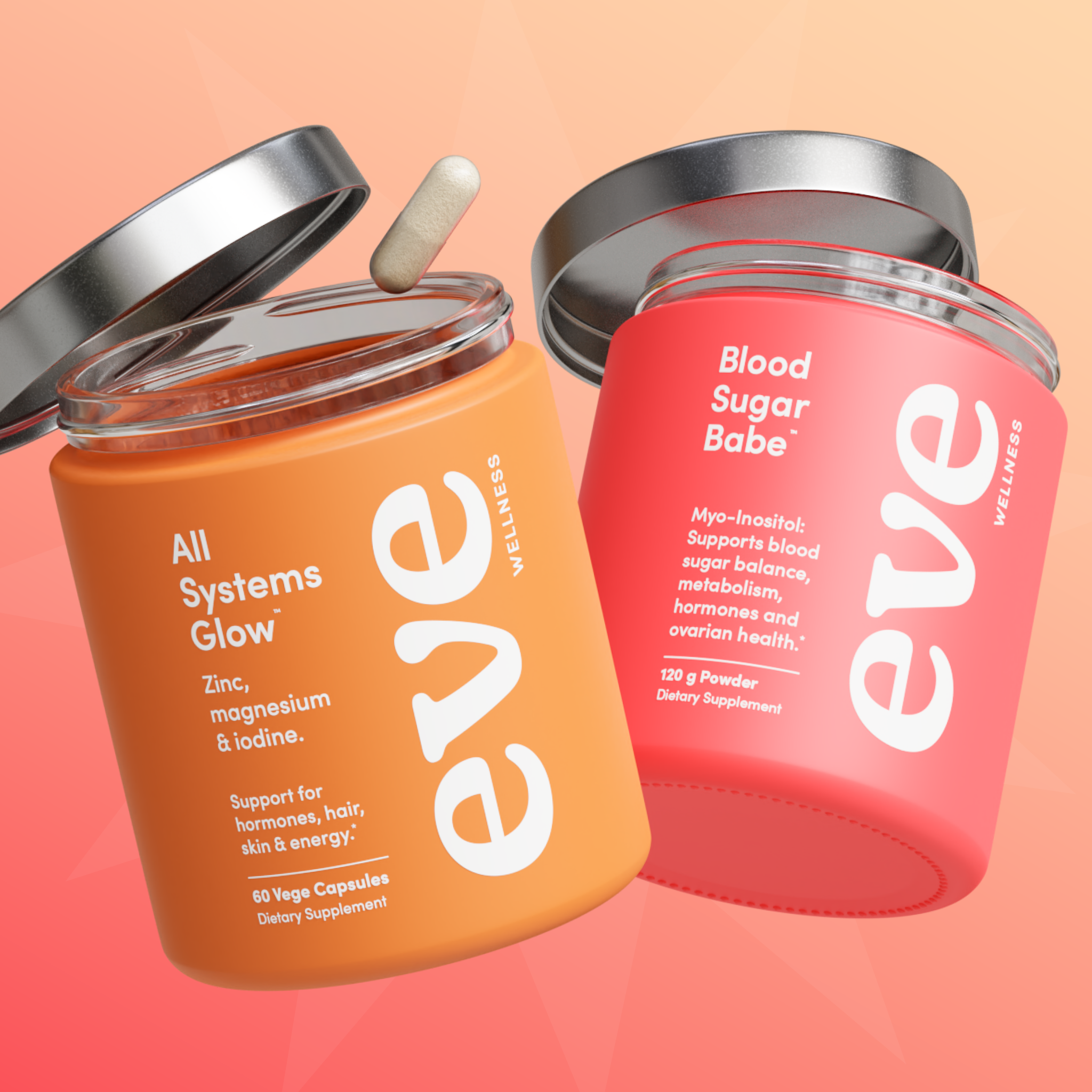When the 3pm slump starts to overflow its usual timeframe and you find yourself running with more of an ‘all day slump’ each day…
Or when you wake up feeling like you’ve had a night on the tiles with tequila, when you were actually in bed by 9pm eating TimTams in your jim jams…
This, my friend, is fatigue and we’re going to manage it together before it turns into full-blown burnout. And, spoiler, we’re going to do it with nutrients.
Since we know you’re busy, and probably tired, if you don’t have time to read this whole piece, jump to the bottom to get straight to the advice and save the rest of the article for later.
Let’s start with the why:
WHY DO WE GET FATIGUE & LOW ENERGY?
Feeling tired all the time has become so common for many of us that we accept this foggy state as ‘normal’. In reality, when our lives, diets, and hormones are balanced we should wake up feeling refreshed, with stable consistent energy throughout the day.
We’ve learned to rely on coffee, other caffeinated drinks, and sugary booster snacks to mask our fatigue and give us the oompfh we need to make it through the day. Coffee is great in small doses but when we’re mainlining it just to get through the day, something deeper needs to be addressed.
Fatigue can be a highly frustrating issue to deal with, as we often feel as though we ‘should’ be able to kick it / do all the things we used to do / wake up feeling fine. But when we’re dealing with fatigue from an underlying issue, ‘shoulds’ aren’t helpful and can leave us feeling deflated and guilty...hard pass.
Hormone Imbalances That Might be Dulling Your Vibe
LOW OESTROGEN
Oestrogen is a hormone that contributes towards giving us our ‘get up and go’ drive. Once our periods arrive each month our oestrogen levels start to rise and with it rises our zest for life. We welcome great energy levels for the first couple of weeks of our cycle (the follicular phase).
After ovulation we naturally enter a more introspective phase (the luteal phase) where we feel more inclined to snuggle up at home than hit the town. During this phase we may feel a bit lower in energy, but certainly still able to function and do all the things we want to do.
When oestrogen levels are too low, the usual pep and drive of the follicular phase doesn’t come like it usually does. Instead, we have a lower energy phase, or in some cases, feel quite depleted and exhausted.
Other signs of low oestrogen are short and/or light periods, hot flashes or night sweats, decreased sex drive, vaginal dryness, headaches and migraines post period, and issues with fertility.
If you’re experiencing any of these in addition to your fatigue, your oestrogen levels might be the driver. A few tips to naturally support oestrogen levels are:
- consuming phytoestrogenic foods and herbs such as flaxseed, sesame seeds, liquorice tea, fennel and sage;
- Adding maca powder to your morning smoothie;
- Add some mindfulness and meditation into your daily routine. Countless studies have shown the link between meditation (stress reduction) and hormone happiness.
OESTROGEN DOMINANCE
This hormone imbalance is getting itself quite the reputation.
Probably the most well-known hormonal issue, oestrogen dominance is basically when we have ‘too much’ oestrogen. This either means that the actual levels of oestrogen are high or that our oestrogen levels aren’t in balance with our progesterone levels. That’s because, in an ideal world, our oestrogen and progesterone levels are balanced. So, you could be considered as having high oestrogen because you don’t have enough progesterone. When this happens, we will still experience signs of high (or dominant) oestrogen and fatigue is a classic one.
One of the reasons for this is that where we see oestrogen dominance, we often also see exhausted adrenals (HPA axis dysfunction).
When we’re stressed (from work, family, toxins, gut issues, over-exercising, under-eating etc.) our brains think we’re in danger, and prioritise keeping us alive over fertility, therefore telling pregnenolone to make cortisol rather than progesterone. Hello oestrogen dominance, and adrenals that are working overtime to make more cortisol.
Other signs of oestrogen dominance include weight gain around the hips and thighs, PMS, heavy periods and sore breasts.
If you’re experiencing any of these in addition to your fatigue, oestrogen dominance might be pulling the strings. A few tips to naturally support oestrogen dominance and adrenal function are:
- Adding ashwagandha to your morning smoothie, or using an ashwagandha supplement if you don’t like the taste (it’s quite bitter). This adaptogenic herb supports the HPA axis and adrenal function.
- Eat cruciferous veggies 1-3 times per day. These veggies help clear excess oestrogen.
- Add 20 minutes of meditation or mindfulness into your daily routine. Apps like Insight Timer and Calm can help with this. This can support progesterone production by lowering your stress response.
LOW TESTOSTERONE
Testosterone is an androgenic hormone equally important for women as it is for men, just in lower amounts. But not too low. Fatigue, losing your mojo and love of life being some of the main funks. Testosterone also aids with cognitive function in both men and women, and protects us against depression, which means that when this hormone gets low we’re more prone to low moods too.
Low testosterone levels in women can be down to a number of different reasons. Simply having more birthdays is one cause, as testosterone (but not fabulousness) levels naturally decrease with age. Hormonal birth control such as the pill or IUD can suppress testosterone levels, and stress induced adrenal exhaustion is another main cause. Are you noticing a theme here?
OTHER FACTORS THAT MAY BE INVOLVED
At the root of so many of our hormonal fatigue problems (and other hormonal issues) we can find stress. Stress from work, conflict, a busy life, gut issues, food intolerances, inflammation, HIIT exercise, toxins… It all counts.
If there’s one thing you do as a result of reading this, make a list of the stressors in your life and see how you can start to limit these. Oh, and meditate.
Outside of hormones and stress, there may be other factors behind your fatigue, such as:
- Not getting quality sleep - if you suffer from hot flashes, find yourself waking up through the night, or the fatigue lasts all day - you’re likely having poor sleeps. Chill Pills are a saving grace here. Made from Kava, they ease us into a deep sleep so those eight hours and bed are blissfully calm.
- Nutrient deficiencies - a number of vitamin and mineral deficiencies have been linked to fatigue. Key nutrients to pay attention to are iron (many menstruating women could benefit from an iron supplement), vitamin B12, omega–3 fatty acids, and vitamin D. Morning Person is our go-to for energy and may even replace your morning coffee. B Vitamins more efficiently turn our food into fuel so, less sluggish, more peppy.
- Hydrate to stay awake! - not drinking enough water (or losing fluids through diarrhoea or vomiting) can also cause fatigue.
